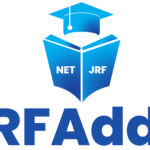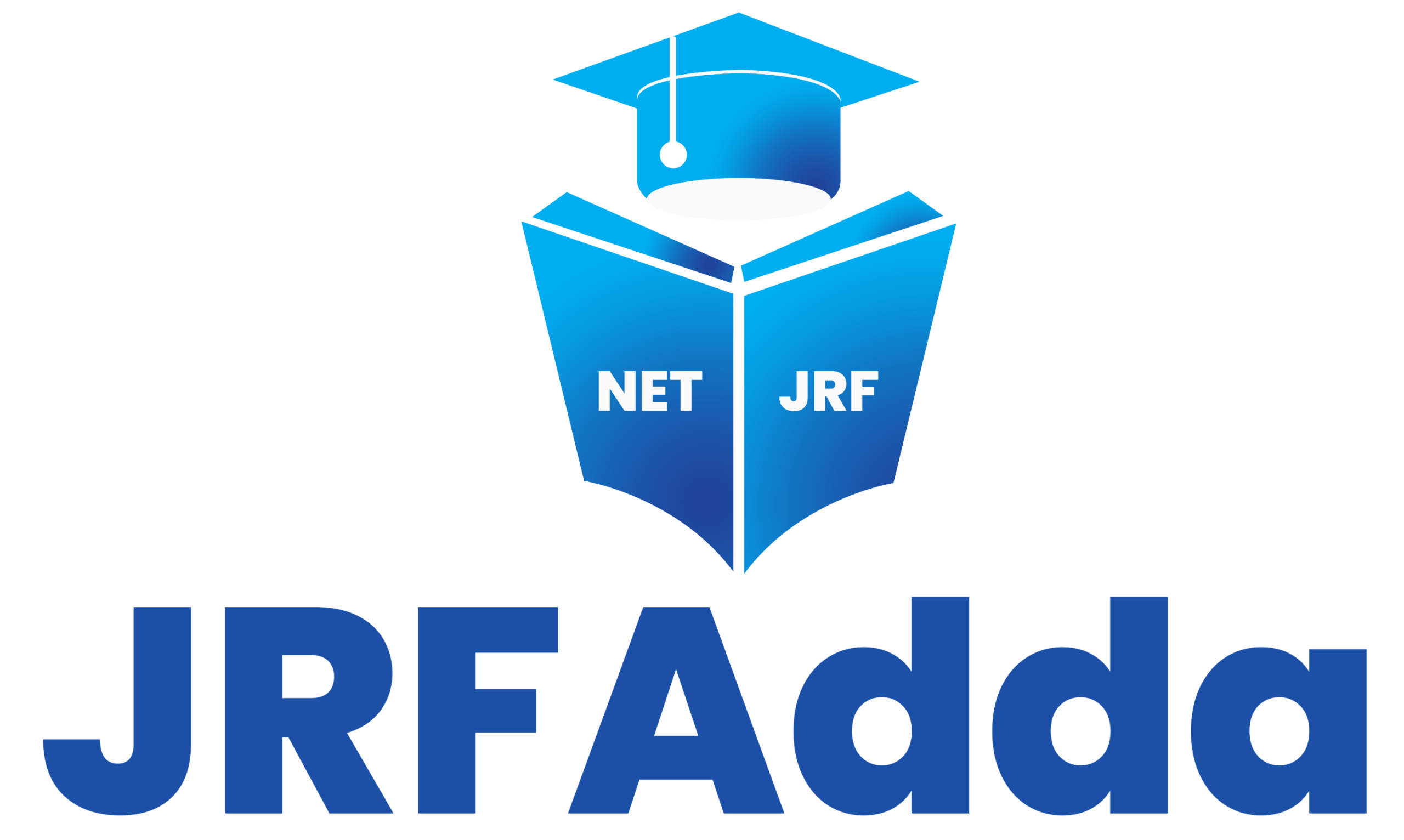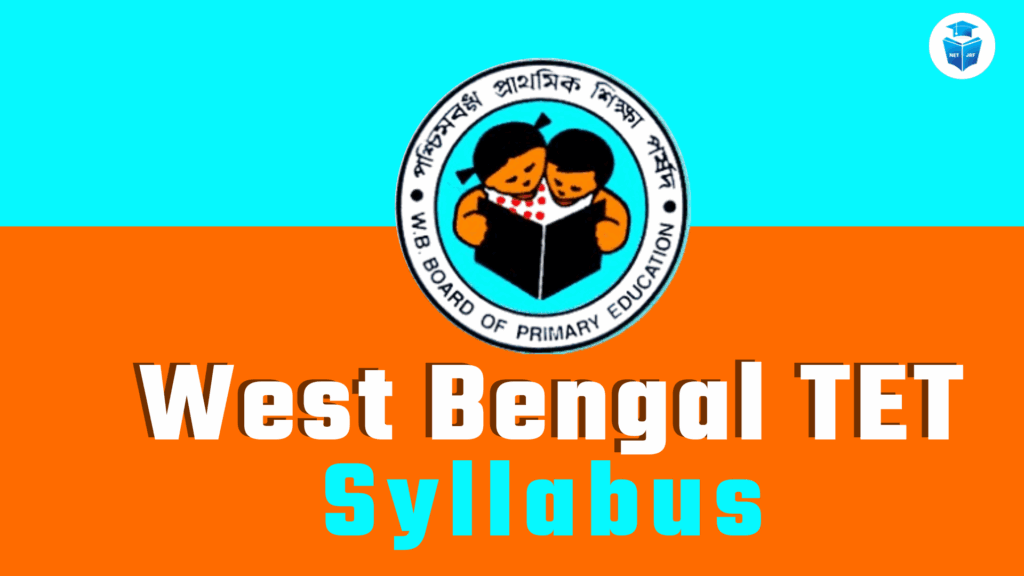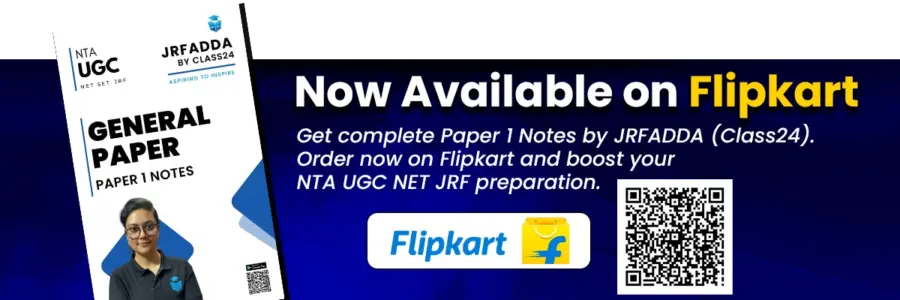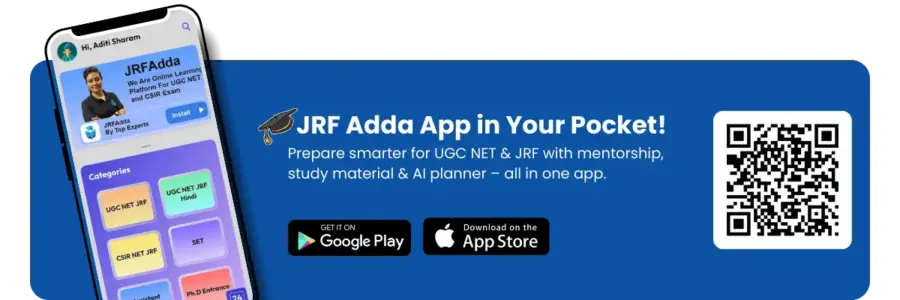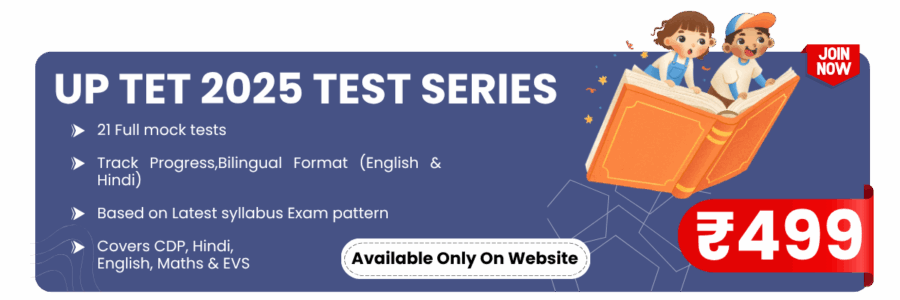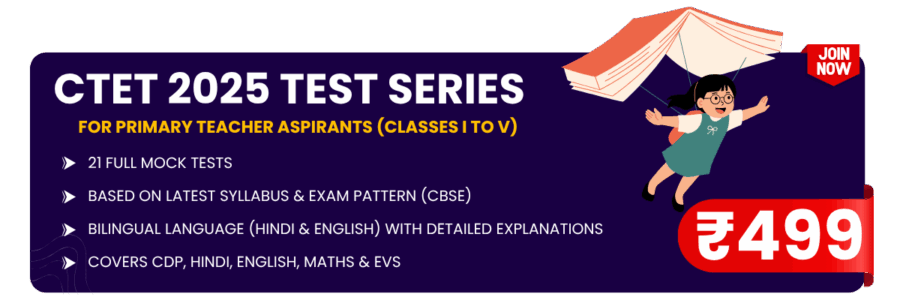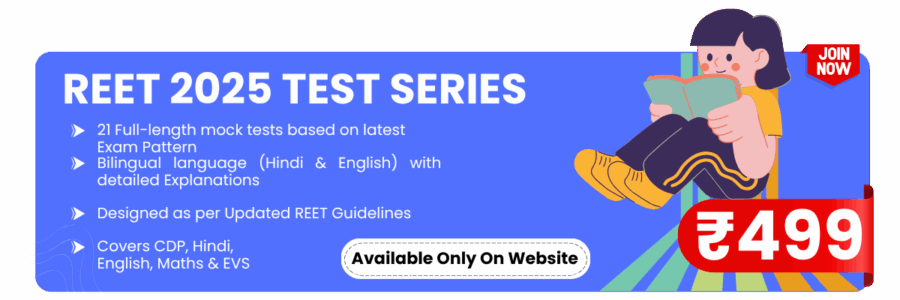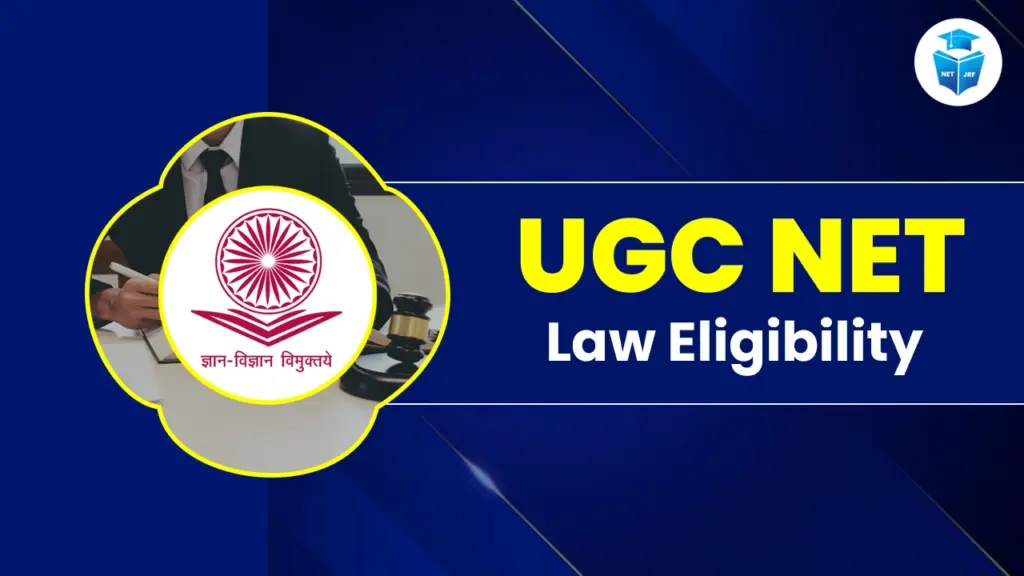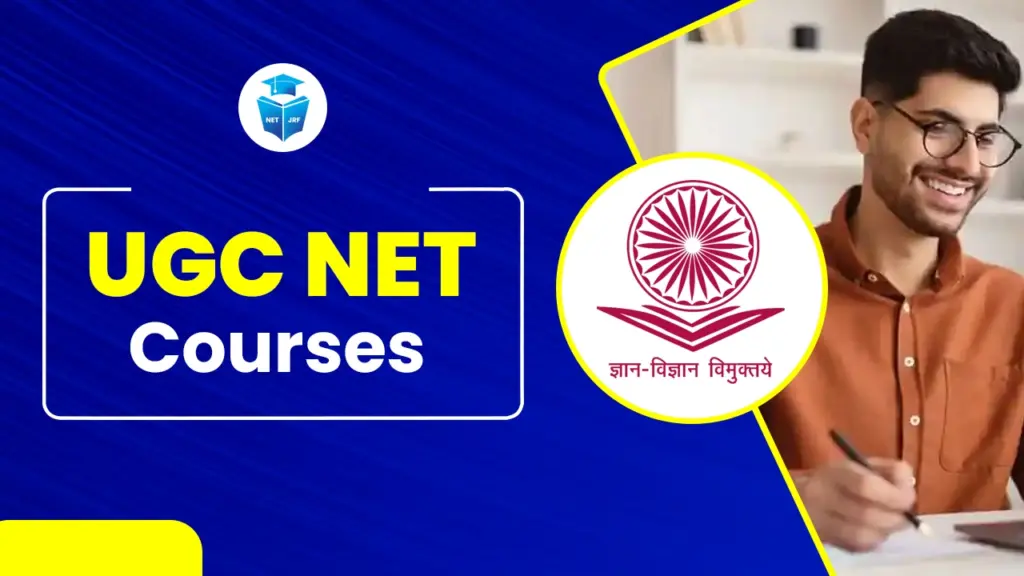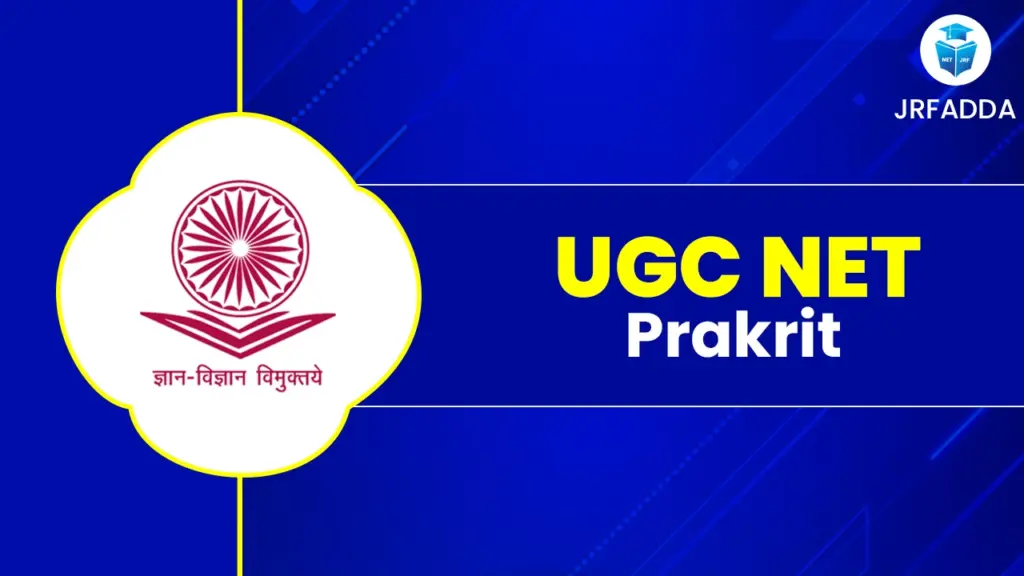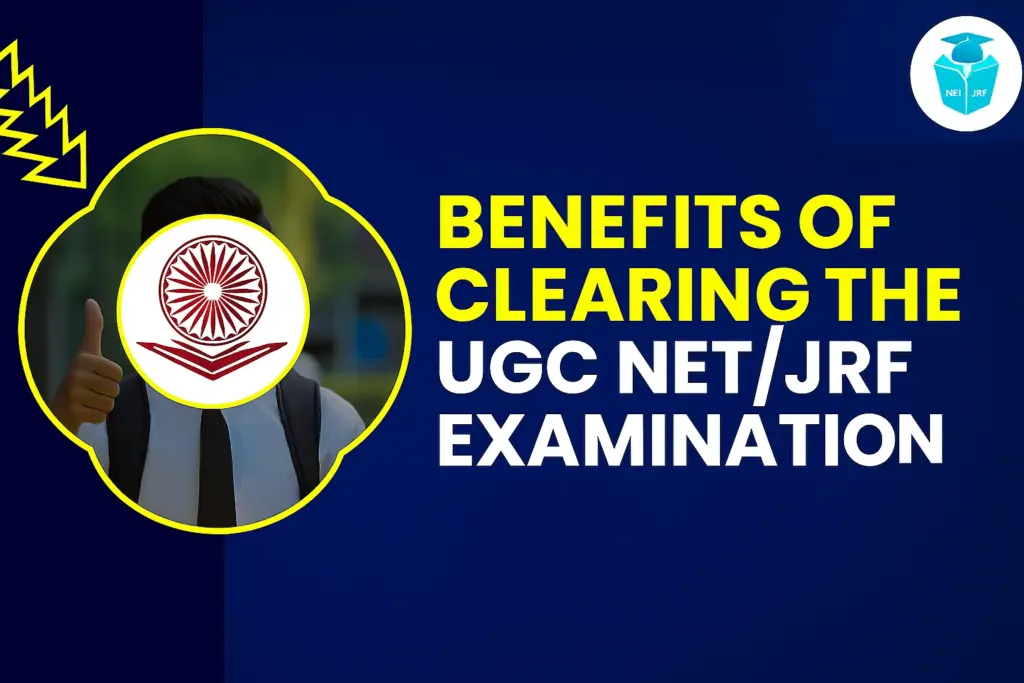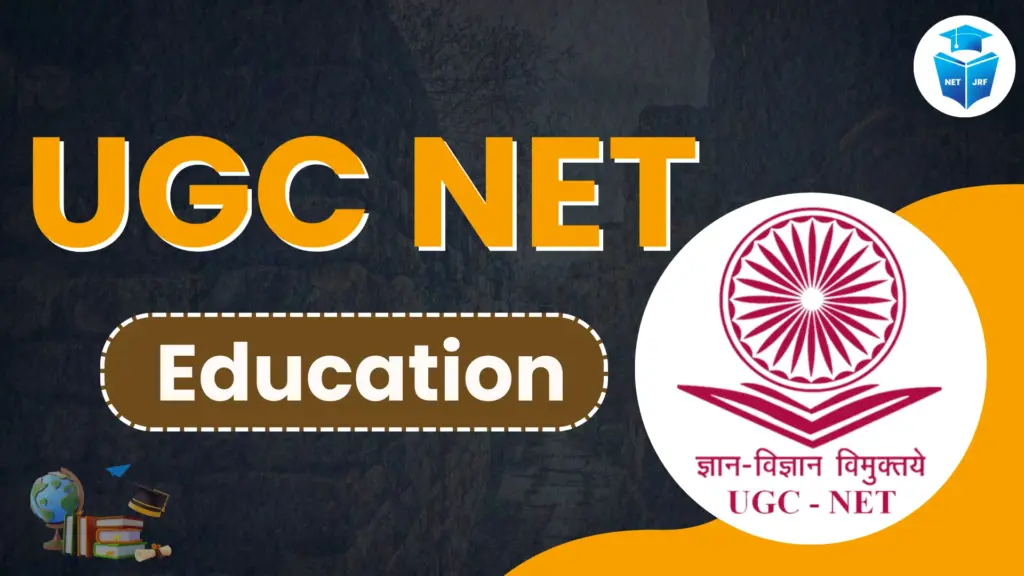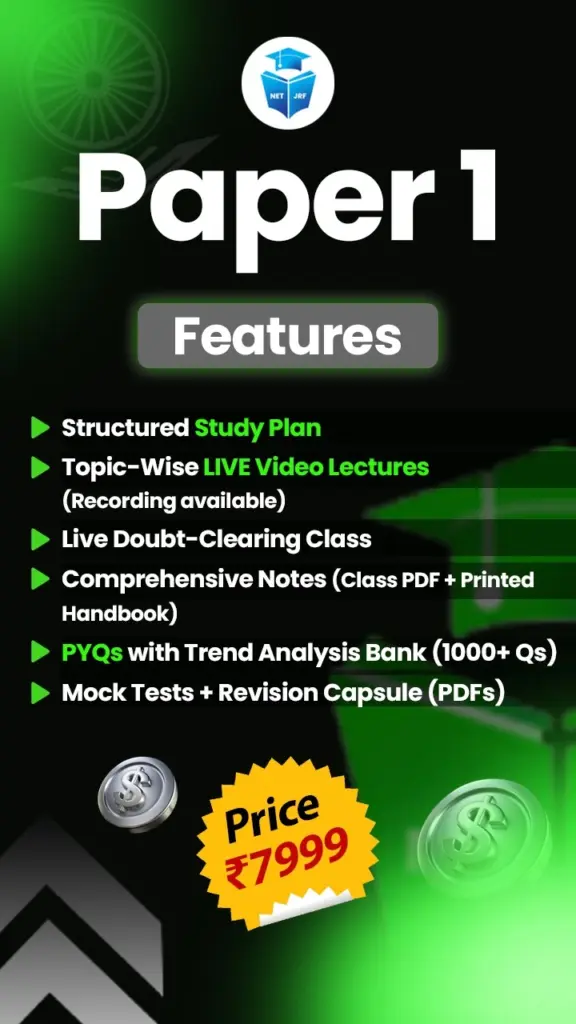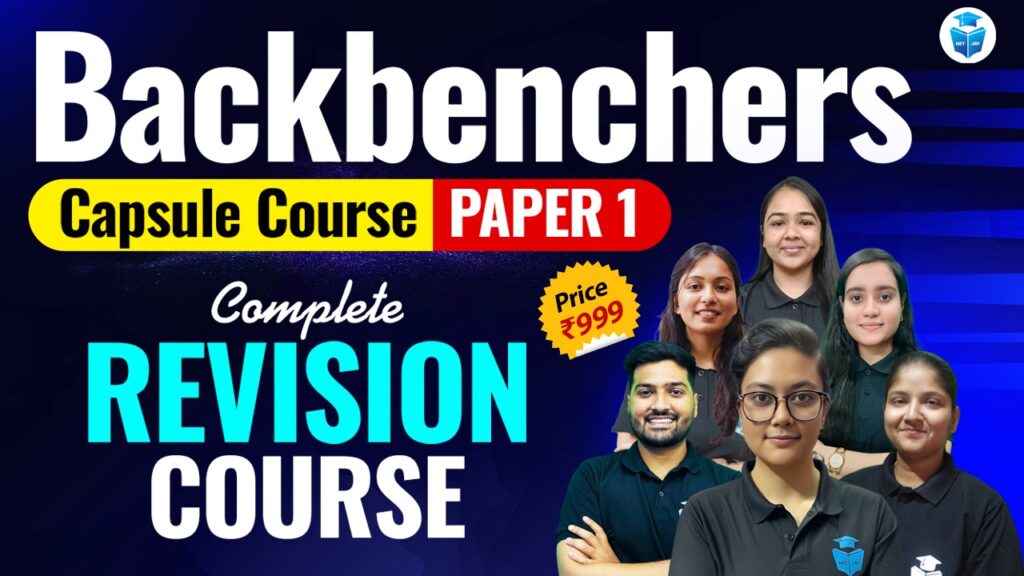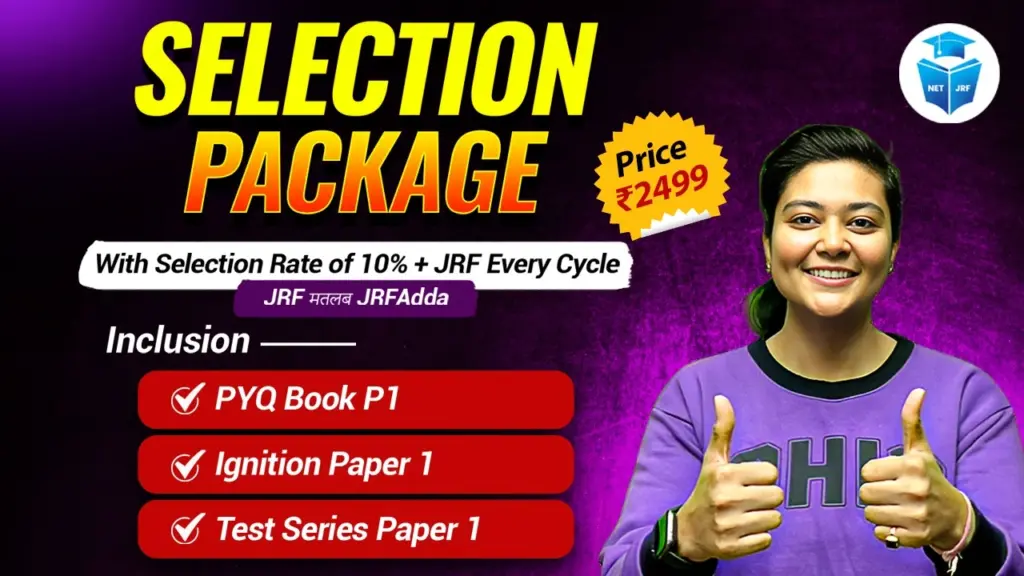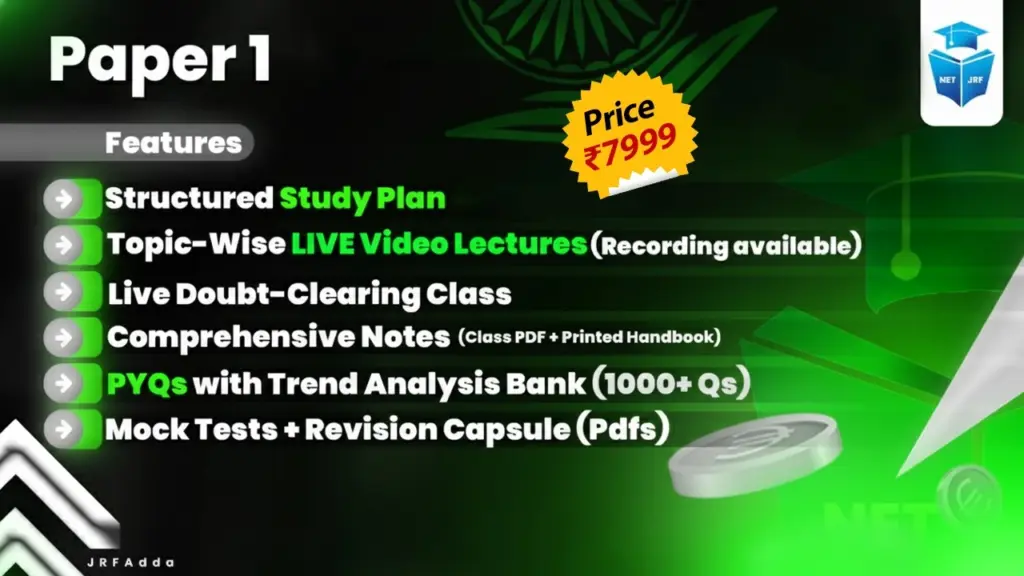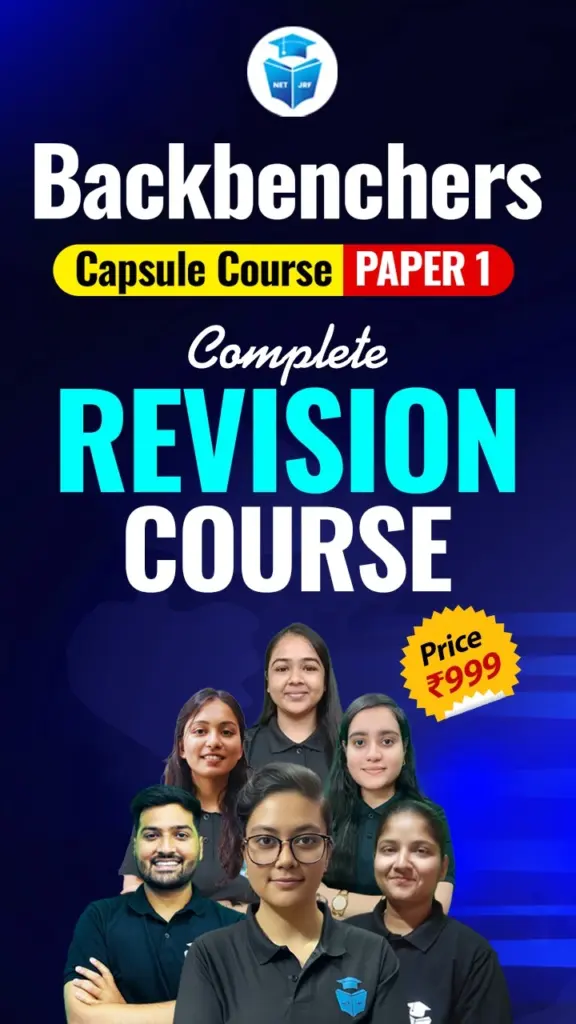The West Bengal Teacher Eligibility Test (WB TET) 2025 is conducted by the West Bengal Board of Primary Education (WBBPE) to recruit eligible candidates for teaching posts in primary and upper primary schools across the state. To succeed in this exam, understanding the detailed syllabus and exam pattern is essential. This article covers the complete WB TET Syllabus 2025 Paper I and WB TET Syllabus 2025 Paper II, exam highlights, and subject-wise topics in Bengali and English.
WB TET Syllabus 2025 Exam Highlights
The WB TET 2025 is a state-level eligibility exam conducted in offline mode for aspiring teachers in West Bengal. It comprises two papers Paper I for teaching Classes I to V and Paper II for Classes VI to VIII. Each paper includes 150 multiple-choice questions carrying a total of 150 marks. Candidates are awarded 1 mark for each correct answer, with no negative marking.
| Particulars | Details |
| Exam Name | West Bengal Teacher Eligibility Test (WB TET) |
| Conducting Body | West Bengal Board of Primary Education (WBBPE) |
| Exam Level | State-Level |
| Exam Mode | Offline |
| Papers | Paper I (Classes I–V), Paper II (Classes VI–VIII) |
| Type of Questions | Multiple Choice Questions |
| Total Questions per Paper | 150 |
| Official Website | https://wbbprimaryeducation.org/ |
WB TET Syllabus 2025 Paper I Classes I–V
The WB TET Syllabus 2025 Paper I is intended for candidates aspiring to teach Classes I to V in West Bengal. This paper is crucial for ensuring that teachers possess the necessary knowledge and skills to impart quality education at the elementary school level.
Child Development and Pedagogy (30 MCQs)
- Concepts of Development and Learning: Understanding how children develop and learn at different stages.
- Heredity and Environment: The impact of genetics and environment on a child’s development.
- Theories of Piaget, Vygotsky, Kohlberg, Erikson: These well-known developmental psychologists’ theories are crucial for understanding cognitive and moral development.
- Learning Disabilities and Inclusive Education: Knowledge about various learning disabilities and how to accommodate diverse learners, ensuring inclusivity in the classroom.
- Motivation and Teaching-Learning Strategies: Insights into how motivation influences learning and how teaching strategies can be tailored to different needs.
Language I (Bengali) (30 MCQs)
- Comprehension (Prose & Poetry): Testing the ability to understand and interpret passages of prose and poetry.
- Grammar and Vocabulary: Examining the understanding of grammatical structures and vocabulary usage.
- Language Pedagogy and Teaching Methods: Insights into effective teaching methodologies for Bengali, focusing on language acquisition and development.
- Multilingualism and Remedial Teaching: Addressing the challenges of teaching students who speak different languages and how to provide additional support to struggling learners.
Language II (English) (30 MCQs)
- Reading Comprehension: Assessing the ability to understand and analyze written English.
- Language Functions and Grammar: Testing knowledge of basic English grammar and language functions.
- Approaches to English Teaching: Exploring methods and techniques for teaching English to young learners.
- Evaluation and Teaching-Learning Materials: Understanding how to evaluate language skills and effectively use teaching materials.
Mathematics (30 MCQs)
- Number Systems and Operations: Basic arithmetic, number systems, and mathematical operations.
- Shapes, Geometry, and Measurement: Understanding geometric shapes, spatial relationships, and measurement concepts.
- Data Handling: Basic data interpretation, statistics, and probability.
- Pedagogical Issues and Lesson Planning: Insights into how to teach mathematical concepts effectively, including lesson planning and addressing learning difficulties.
Environmental Studies (30 MCQs)
- Family & Friends, Food, Shelter, Water, Travel: Understanding basic concepts related to daily life and the environment.
- Things We Make and Do: Exploring how humans interact with the environment through various activities.
- Environmental Education Pedagogy: Understanding how to teach environmental studies and create an engaging learning environment for young students.
WB TET Syllabus 2025 Paper II Classes VI–VIII
The WB TET Syllabus 2025 Paper II is designed for candidates aiming to teach Classes VI to VIII in West Bengal. Unlike Paper I, which focuses on primary school education, Paper II assesses a deeper level of subject-specific knowledge, along with teaching methodologies suitable for higher classes.
Child Development and Pedagogy (30 MCQs)
- Growth and Development in Upper Primary: Understanding physical, emotional, and cognitive development in children aged 11-14.
- Educational Psychology and Learning Theories: Insights into how children learn and the psychological theories behind education.
- Inclusive Education, Assessment, and Evaluation: Focusing on teaching diverse learners and assessing their academic progress.
- Constructivist Teaching: Exploring teaching methods that promote active learning and critical thinking in students.
Language I (Bengali) (30 MCQs)
- Advanced Grammar and Comprehension: A deeper understanding of Bengali grammar and reading comprehension skills.
- Writing Skills: Testing candidates’ ability to teach writing, including composition and grammar.
- Pedagogy of Language Development: Understanding how to teach language skills effectively and using different teaching strategies for Bengali.
Language II (English) (30 MCQs)
- Comprehension, Grammar, and Vocabulary: Testing reading comprehension, grammar understanding, and vocabulary in English.
- Language Acquisition: Understanding how children acquire language and the strategies that can enhance language learning.
- Teaching Strategies and Remedial Teaching: Focus on effective English teaching methods and strategies to support struggling learners, including material design for remediation.
Mathematics and Science (60 MCQs)
- Mathematics
- Algebra, Geometry, Mensuration: Basic concepts and problem-solving techniques in algebra, geometry, and measurement.
- Teaching Methods and Pedagogical Content: Focusing on how to teach mathematical concepts to upper primary students and addressing common learning challenges.
- Science
- Food, Natural Phenomena, Materials: Concepts related to basic science, such as the study of food, physical phenomena, and materials in nature.
- Teaching Methods and Pedagogical Content: Approaches for teaching scientific concepts and making them engaging for students.
Social Studies (60 MCQs)
- History, Geography, Civics, Economics: Topics such as ancient and modern history, geographical features, political systems, and economic principles.
- Social and Political Life: Understanding the social and political aspects of education and society.
- Pedagogical Issues and Teaching Strategies: Focusing on how to teach social studies effectively, using various teaching strategies and materials.
WB TET Exam Pattern 2025 Paper I & Paper II
The WB TET Exam Pattern 2025 consists of multiple-choice questions (MCQs) and is divided into two papers: Paper I and Paper II. Both papers contain 150 questions, each carrying one mark, making the total score 150 marks. Candidates will have 150 minutes to complete the exam.
| Feature | Paper 1 (Classes I–V) | Paper 2 (Classes VI–VIII) |
| Mode of Exam | Offline (OMR-based) | Offline (OMR-based) |
| Type of Questions | Objective-type (Multiple Choice) | Objective-type (Multiple Choice) |
| Number of Questions | 150 | 150 |
| Total Marks | 150 | 150 |
| Duration | 2 hours 30 minutes | 2 hours 30 minutes |
| Medium of Examination | Regional Language & English | Regional Language & English |
| Qualifying Criteria | Minimum 60% for General category | Minimum 60% for General category |
Conclusion
To know about the WB TET Syllabus 2025 is the first step toward a successful teaching career in West Bengal’s government schools. Whether you’re preparing for WB TET Syllabus 2025 Paper I or WB TET Syllabus 2025 Paper II, ensure that your study plan aligns with the official syllabus and exam pattern.
WB TET Syllabus 2025 FAQs
what is the WB TET Syllabus 2025 for Paper I?
The WB TET Syllabus 2025 Paper I includes topics like Child Development and Pedagogy, Language I (Bengali), Language II (English), Mathematics, and Environmental Studies. Each subject consists of 30 multiple-choice questions (MCQs).
What topics are covered under Child Development and Pedagogy in WB TET Syllabus 2025?
The WB TET Syllabus 2025 for Child Development and Pedagogy covers concepts of child development, learning theories, inclusive education, motivation, and teaching strategies. It also includes various child development theories by Piaget, Kohlberg, and Vygotsky.
How is the WB TET Syllabus 2025 structured for Paper II?
The WB TET Syllabus 2025 Paper II is divided into sections such as Child Development and Pedagogy, Language I (Bengali), Language II (English), and specific sections based on the teaching subject: Mathematics and Science or Social Studies.
What is the exam pattern for the WB TET 2025?
The WB TET 2025 consists of objective-type MCQs. Paper I and Paper II both have 150 questions, with a total of 150 marks. The questions will be based on the WB TET Syllabus 2025, and candidates will be tested on their subject knowledge and teaching aptitude.
Where can I download the WB TET Syllabus 2025 PDF?
You can download the WB TET Syllabus 2025 PDF from the official website of the West Bengal Board of Primary Education (WBBPE) where the detailed syllabus for both Paper I and Paper II is available for candidates to refer to.
